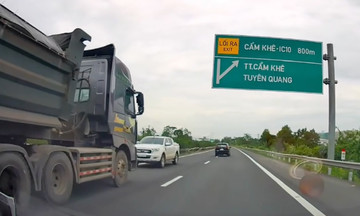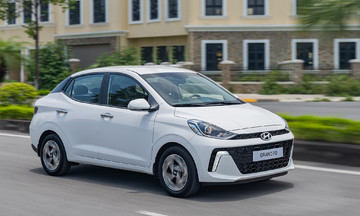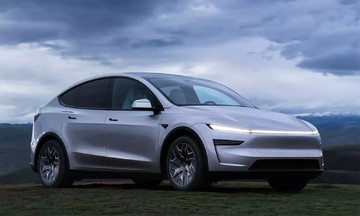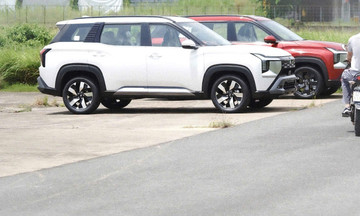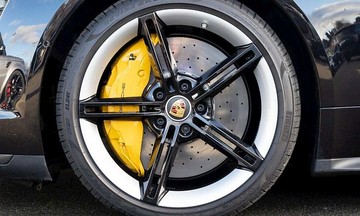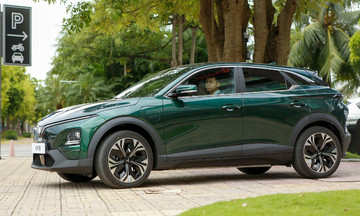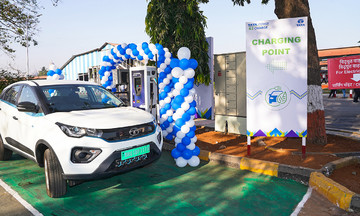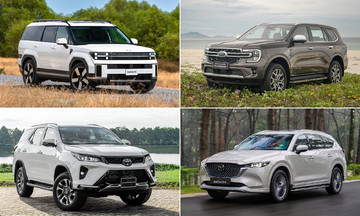On 1/7, Delhi launched the first day of its campaign to crack down on end-of-life vehicles (ELVs), estimated to number in the millions, including both motorcycles and cars. A total of 80 vehicles were seized, including 67 motorcycles, 12 cars, and some light commercial vehicles.
These vehicles were refused fuel before being impounded. Over 520 petrol stations in residential areas had been equipped with automated number plate recognition (ANPR) cameras connected to the VAHAN vehicle database.
The ANPR system scans number plates, compares the details with data from VAHAN, and alerts petrol station staff to refuse fuel.
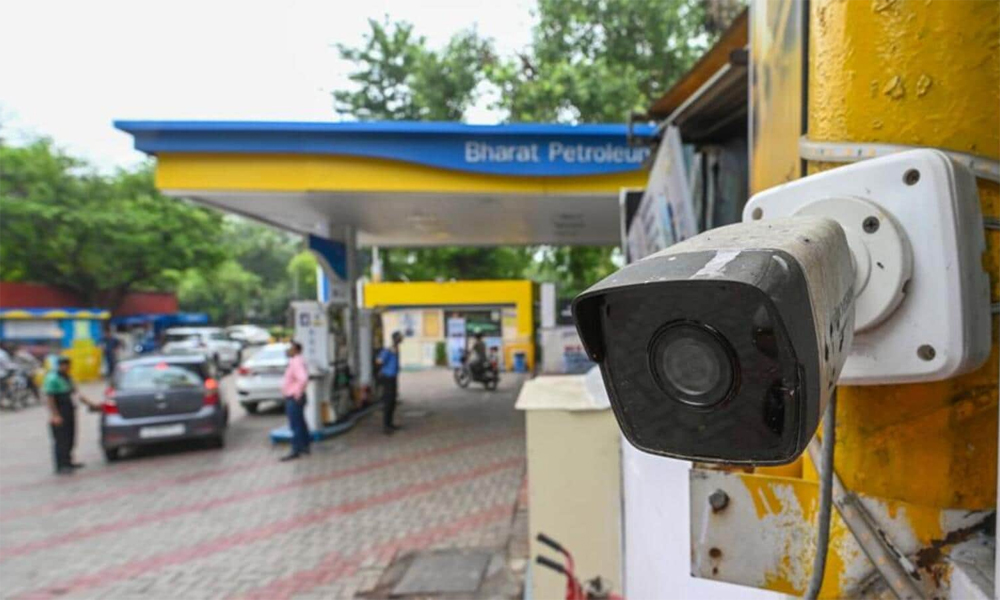 |
Number plate recognition camera at a fuel station in Delhi. Photo: Hindustan Times |
Number plate recognition camera at a fuel station in Delhi. Photo: Hindustan Times
Also on 1/7, a Hindustan Times reporter spotted several vehicles at petrol stations nearing their expiration dates. Aman Jha, 45, the owner of a 14-year-old petrol car, said that while he understood the urgency of the campaign, buying a new car is a challenge for the middle class.
"I bought my car in January 2011, and it will be 15 years old next January. I can't afford another car right now, which is why I take such good care of this one. It's in great condition, and I feel helpless that it will be scrapped," he said.
Nischal Singhania, president of the Delhi Petrol Dealers Association, said petrol stations on or near the border between Uttar Pradesh and Haryana saw sales fall by 10-15%.
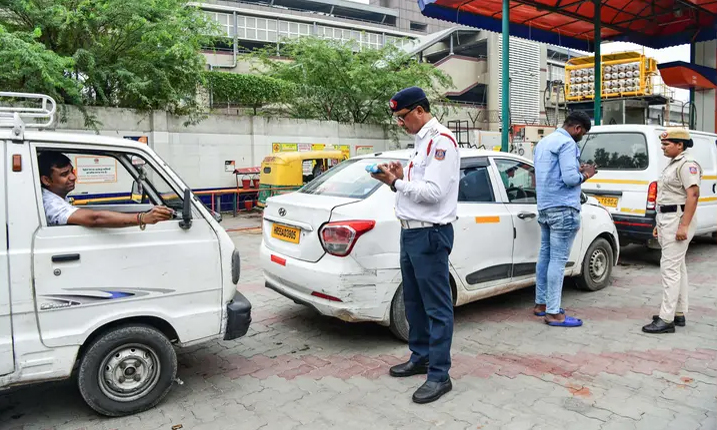 |
Delhi traffic police checking the validity of vehicles at a fuel station. Photo: ANI |
Delhi traffic police checking the validity of vehicles at a fuel station. Photo: ANI
As of 31/10, 101 petrol stations in Noida, a city about 50 km from Delhi, also installed ANPR cameras. Starting 1/11, these stations will refuse fuel to flagged vehicles.
In India, ELVs are petrol vehicles older than 15 years and diesel vehicles older than 10 years. These expired vehicles reportedly emit 28% of PM2.5 fine dust, 41% of sulfur dioxide (SO2), and 78% of nitrogen oxide in the National Capital Region (NCR).
Most ELV owners rarely use their vehicles, leaving them parked most of the time, an official said. "This move will mean that these rare uses will stop, and people will have to scrap their vehicles. It also creates an opportunity for people to switch to electric vehicles," he said.
My Anh



